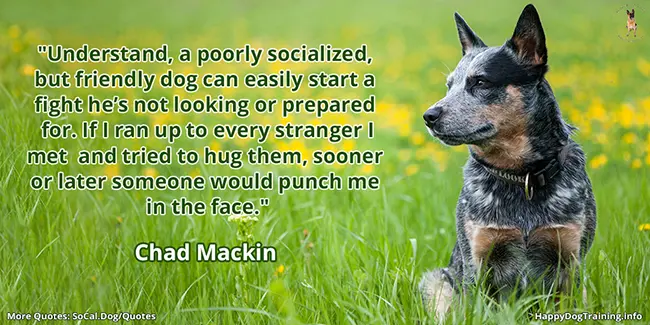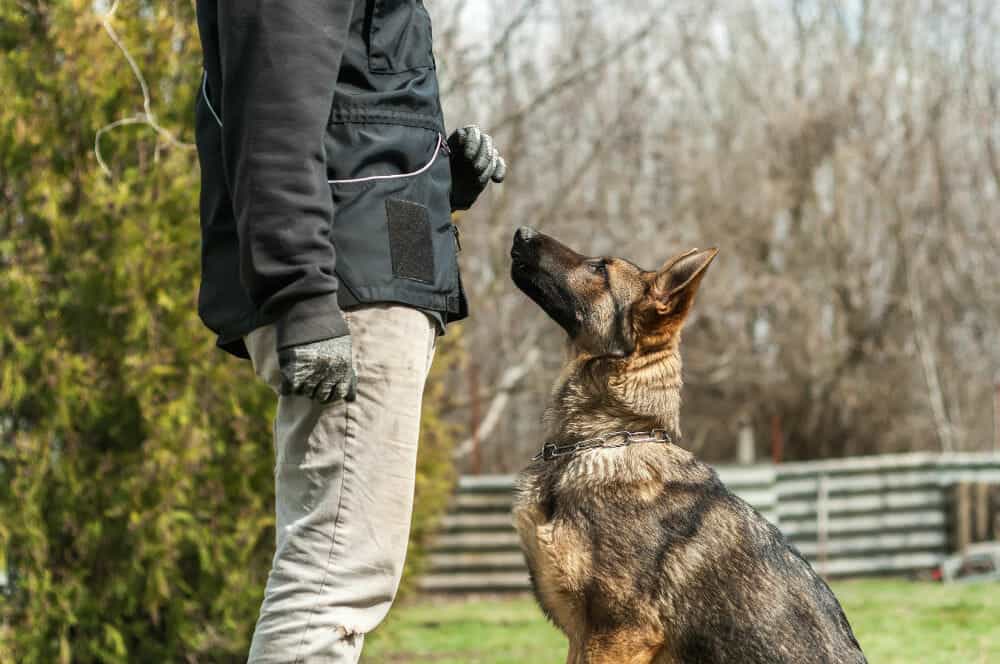Dog Training Charlotte NC: Your Path to a Well-Behaved Dog
Dog Training Charlotte NC: Your Path to a Well-Behaved Dog
Blog Article
Unlock Your Pet's Prospective: Proven Canine Training Strategies for Success
Effective pet training is a nuanced process that pivots on comprehending canine actions and employing clinically backed methods. dog training charlotte. By integrating positive support, establishing clear commands, and focusing on socializing, canine proprietors can grow an effective relationship with their pets. However, obstacles commonly occur that need customized options and a client strategy. Exploring these verified methods discloses not only the capacity for behavior enhancement but additionally the deeper bond that can be developed between proprietor and dog. What vital methods must be taken into consideration to genuinely unlock your canine's possibility?
Comprehending Canine Habits
Understanding canine behavior is vital for effective training and promoting a favorable relationship between canines and their proprietors. A detailed understanding of canine body language, articulations, and social interactions is essential for recognizing their needs and emotions. Canines connect mainly through non-verbal cues; for example, a wagging tail may show exhilaration, while pinned ears can signify concern or submission.

In addition, ecological factors play a considerable duty in forming a pet dog's actions. Changes in routine, brand-new surroundings, or the visibility of unfamiliar people can bring about tension or anxiousness in pet dogs. Acknowledging these triggers enables proprietors to mitigate negative reactions and establish ideal training approaches.
Eventually, a deep understanding of pet habits lays the structure for effective training approaches, improving both actions and the general bond in between the pet and its proprietor. Dog training. This understanding is important for fostering a well-adjusted, delighted canine companion
Positive Reinforcement Methods
Effective training relies greatly on favorable reinforcement strategies, which have been shown to generate considerable outcomes in shaping desired actions in canines. This method involves compensating a pet dog for exhibiting details behaviors, therefore enhancing the possibility that these actions will certainly be duplicated. Rewards can take numerous forms, consisting of deals with, praise, toys, or play, depending upon what inspires the individual dog.

It is important to gradually phase out benefits as the pet learns the behavior, transitioning to periodic reinforcement. This method preserves the behavior gradually while protecting against reliance on continuous benefits. By concentrating on favorable reinforcement, instructors can grow a relying on connection with their pet dogs, promoting a cooperative and healthy training environment that enhances total obedience and efficiency.
Establishing Constant Commands
An essential aspect of effective pet training is the facility of consistent commands. Uniformity in commands is critical for reliable interaction between the fitness instructor and the canine. When commands are uniform, canines learn to link specific words with wanted behaviors, which speeds up the training procedure Click This Link and boosts understanding.
To establish regular commands, it is important that all household participants use the same terminology and gestures. If one individual utilizes "sit" while an additional claims "sit down," it can develop confusion for the pet. Select clear, unique words for commands and make sure every person involved in the dog's training sticks to these choices.
Additionally, rep is key. Strengthen commands with frequent practice, making certain that the pet gets sufficient opportunities to react appropriately. When a pet dog successfully follows a command, prompt positive reinforcement needs to comply with. This could be in the kind of deals with, praise, or play, strengthening the connection in between the command and the activity.
Last but not least, hold your horses. Developing constant commands requires time and effort. With devotion and clearness, you will certainly assist your dog develop a solid understanding of expectations, eventually resulting in a mannerly companion.
Socializing and Exposure
Interacting socially a dog is necessary for fostering a well-adjusted and certain buddy. This procedure involves subjecting your pet to a range of settings, people, and other animals to create their social abilities and versatility. Early socializing, ideally between the ages of three to fourteen weeks, is critical, as it prepares for a canine's future actions.
Throughout socialization, objective to supply favorable experiences in various settings, such as parks, hectic roads, and homes with various other pets. Introduce your canine to different stimulations, consisting of sounds, views, and scents, ensuring that each encounter is fulfilling. This exposure assists minimize anxiety and anxiousness, paving the method for a much more durable pet.
Involving in controlled group play sessions with other dogs can additionally improve social skills, teaching your pet appropriate communications and limits. Prioritizing socialization will significantly add to your pet dog's overall happiness and actions throughout their life.
Overcoming Common Educating Difficulties

One more regular problem is diversion. Pets might struggle to focus in busy or unfamiliar settings. Slowly desensitize your pet dog to diversions by beginning training in a silent setting and gradually presenting even more stimulations as they end up being efficient (Dog training). Favorable support strategies, such as deals with and appreciation, can preserve motivation and focus.
In addition, behavioral issues like leaping or too much barking can come to be discouraging. Address these by showing alternate behaviors, such as resting steadly when welcoming guests. Consistency and perseverance are critical; strengthen desired actions constantly and prevent scolding, which can bring about confusion.
Lastly, identify that each canine is unique, and training timelines might vary. Dressmaker your technique to your dog's specific requirements, and seek specialist support if necessary. With willpower and the ideal techniques, overcoming these difficulties can lead to a trained, read this pleased canine friend.
Final Thought
Finally, opening a dog's possible requires a thorough method that incorporates an understanding of canine actions, the application of positive support strategies, and the establishment of regular commands. Early socializing and direct exposure to diverse settings further improve a dog's versatility and self-confidence. By addressing typical training obstacles with tailored techniques and persistence, a unified and cooperative partnership between canine and trainer can be cultivated, ultimately leading to a Visit This Link mannerly friend capable of flourishing in different scenarios.
Effective canine training is a nuanced process that pivots on recognizing canine actions and employing clinically backed methods.Recognizing pet behavior is vital for efficient training and promoting a favorable partnership in between dogs and their owners.Effective training relies heavily on positive reinforcement techniques, which have been shown to yield significant results in shaping desired behaviors in dogs. When commands are consistent, dogs find out to link details words with wanted actions, which increases the training procedure and boosts understanding.
In final thought, unlocking a pet dog's prospective requires an extensive method that incorporates an understanding of canine behavior, the application of positive support strategies, and the facility of regular commands.
Report this page